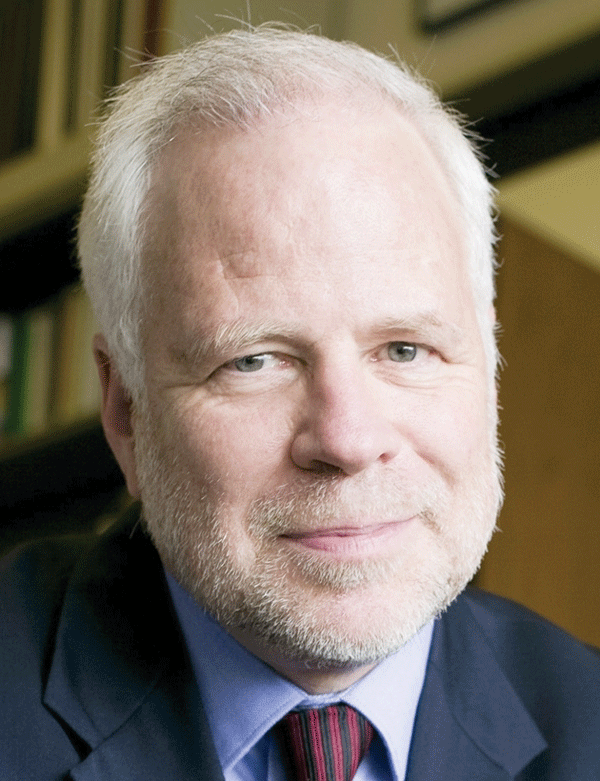
For every hero there must be a villain. Which is which depends on your point of view

The definition of a hero ● Dachshunds & flesh-eating bacteria ● feel-good weaponry ● evolution & the food chain ● Schwarzenneger & David Lynch ● Joseph Campbell’s archetype ● how to get out of a rut ● yet another problem with population growth ● editing & evaluating history
According to my dictionary, a hero is someone who is courageous and noble. It also says that a hero is someone who is respected and admired for his superior qualities. However just the other day, I came across another definition of a hero. According to a commentator in the press, a hero is someone who kills a lot of people. That’s about as definitive (and succinct) as it gets.
Of course, there are the other types of heroes, individuals who stand up for the rights of homeless Dachshunds, small people who overcome flesh-eating bacteria or even stand up to parents who think the Fifties were a moral and cultural high-point. But we all know they aren’t actually heroes. They may be courageous, strong, skilled and a whole lot of other good adjectives, but they don’t actually kill people.
The other difference between one of the latter types and a real hero lies in the ratings and the box office. The victims of flesh-eating bacteria or the advocates for stray dogs usually only make the back pages of the paper. Occasionally they get a feature or a made-for-television movie that won’t do all that well in the video stores. Real heroes make the front page. Real heroes are the inspiration for high-grossing videos with over-the-top body counts.
I know there are people who go out and rent inspiring stories on video, or make a point of watching the movie on television, but the vast majority of humanity responds really well to someone with weapons. There’s obviously something about the sight of a man using a machine gun or even a bow and arrow that warms the heart.
Humans are nervous creatures. We didn’t reach the apex of the food chain by being over-confident. A large part of the origins of our fears probably arose when our species took the giant leap from the tree to the ground. The grass was long, and the big cats were hard to see at best.
One of the major cultural underpinnings of a hero is the set of fears that causes him or her to pick up the weapon and start using it. In all instances, this is invariably a worthy enemy, threatening enough to frighten the wits out of everyone. In effect, the presence of a hero is comforting. The weapons even things out, and have a certain hedonistic liberating effect. For instance, watch one of the early Schwarzenegger movies, or my all time violent favourite, Graham Lynch’s ‘Wild at Heart’.
But there is another set of deeper circumstances that will run alongside this.
According to Joseph Campbell in ‘The Heroes Journey’, the hero has to leave the comforts of home and status quo behind. In other words, ordinary circumstances, the grind of a boring day job and the boredom of the daily rut become a thing of the past. In a sense, the hero becomes empowered by leaving the spouse, kids, pets, bosses and boring job behind.
As the journey continues, the hero faces more obstacles that require him or her to overcome fears and personal limits. When the journey ends, the hero is transformed into something far more worthy of respect, if only by the virtue of a working knowledge of weapons and how easy it is to use them to resolve conflicts.
The net effect is that the hero is liberated from certain constraints, and the story liberating to the audience.
The problem with heroes is the question of the villains. Who’s who depends entirely on the viewpoint, and at last count there are in the region of six billion individual viewpoints rising by about 170 per minute. So who decides who is actually the hero and who is the villain?
History tells us that the victor writes the story, especially if the villain is unable to due to an early death. Media tells us that it is probably the protagonist with the best story. Clerics on both sides tell armies that God supports their righteous case.
There is another aspect to a hero: the body counts that we brush under history’s carpet. It’s a scary aspect. If only you or I as individuals can confer the status of hero, the troubling question we have to answer is, “Does the end justify the means?”










































